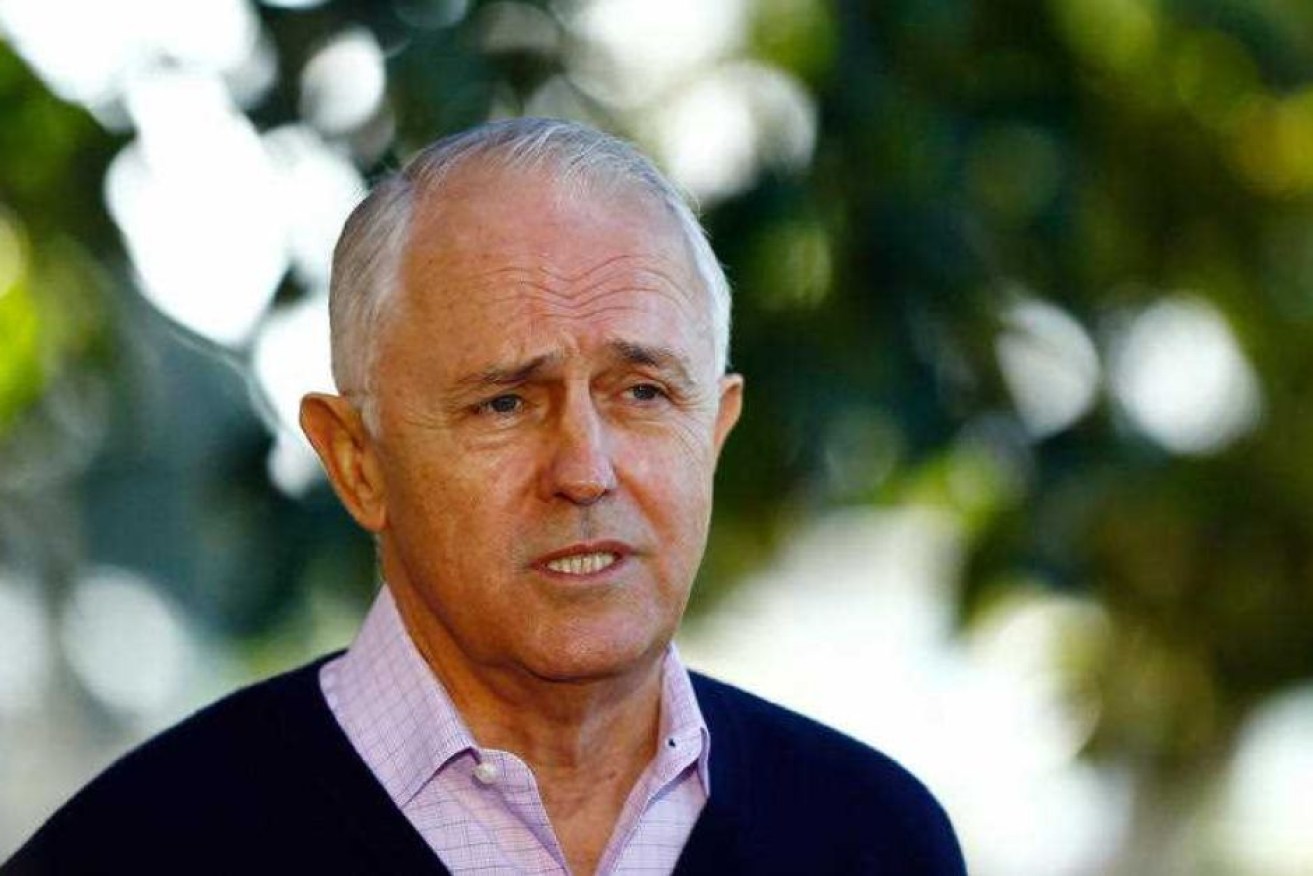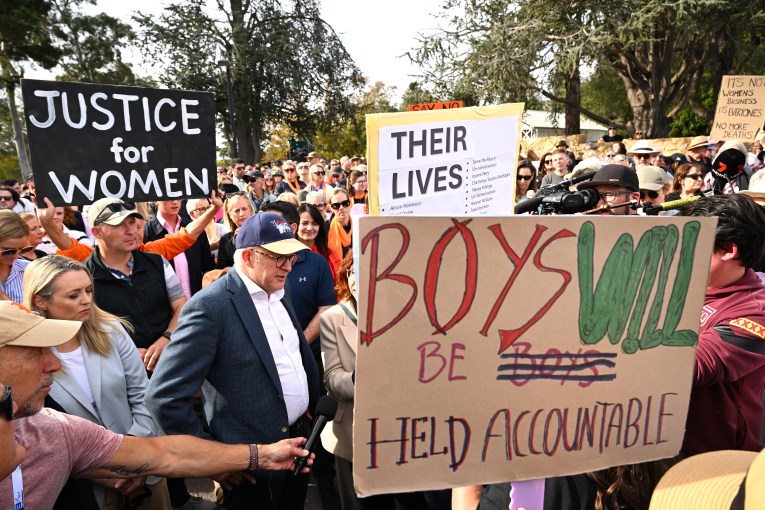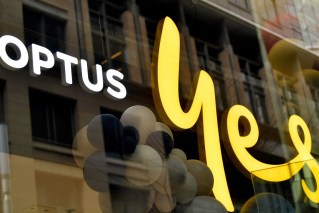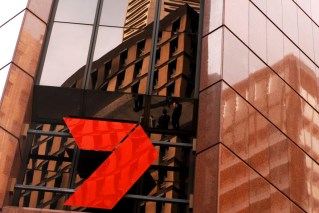Prime Minister accused of ‘humiliating’ Aboriginal leaders with rejection of referendum

Prime Minister Malcolm Turnbull rejected calls for a referendum to establish a Indigenous advisory body in the constitution. Photo: AAP
Prime Minister Malcolm Turnbull says he will not call a referendum to establish an Indigenous voice to parliament, despite leaders saying the survival of their communities depend on it.
There has been optimism and broad support for the idea of establishing an Indigenous advisory body in the constitution among thousands of Australians at one of the most important Indigenous gatherings, the annual Garma Festival in Arnhem Land on Saturday and Sunday.
“I don’t believe that would be able to be passed at a referendum and it’s not a policy that I would support,” Mr Turnbull told the ABC.
Indigenous leaders Galarrwuy Yunupingu told the crowd at the festival it was vital Aboriginal people “get our rights by constitution”.
Turnbull Government ‘writes itself out of history’
The Prime Minister has “humiliated” Indigenous leaders and squandered a chance at reconciliation, said Australian author Richard Flanagan.
In a searing address at the Garma Festival, the Man Booker prize winner said the government lacked courage and compassion.

Galarrwuy Yunupingu said it was vital that Aboriginal people received rights through the constitution. Photo: ABC News
“The Uluru Statement was a historic moment for our nation. By refusing it, the Turnbull Government chose to write itself out of history,” he said.
“The effort it demanded of Canberra was perhaps too large — it demanded it imagine the country anew, stronger, richer. It required people who knew a life of the mind and a life of the soul.
“A government that claims to be of good heart to Indigenous Australia publicly humiliated a generation of great black leaders.”
Last year, hundreds of Aboriginal and Torres Strait Islander people called for a referendum to establish a First Nations body in the constitution.
Mr Turnbull’s comments echoed his rejection of the Uluru Statement, when he said a constitutionally entrenched Indigenous advisory body would be seen as a third chamber of parliament.
A joint parliamentary inquiry has begun a fresh round of consultations with Indigenous communities — an interim report found there was still wide support for a referendum.

Richard Flanagan said the Uluru Statement was a ‘historic moment in our nation’. Photo: Reconciliation Australia
Forums at the Garma Festival have been dominated by calls to progress a national vote on the issue.
Mr Turnbull said he would discuss the outcomes of the parliamentary inquiry, but believed it was important Indigenous Australians were elected into the federal parliament.
“I spent a lot of time talking to Aboriginal leaders and Aboriginal communities … what people are most focused on at the moment is ensuring they have a stronger voice in terms of local decision-making, local services,” he said.
A ‘wasted’ decade in Indigenous affairs
The health and wealth of Indigenous Australians will continue to suffer without a voice to parliament, said one of the Prime Minister’s top Indigenous advisers.
NPY Women’s Council chief executive Andrea Mason said the past decade had been “wasted years” in Aboriginal affairs.
“It’s created a lot of disappointment, because there was opportunity to do it better … we haven’t been able to have the right goals and targets,” she said.
She said a First Nations’ voice to parliament could have provided “decisive” advice to the government’s overhaul of closing-the-gap targets.
“A representative body could have provided high-level advice to that refresh.”
She told ABC some of the important policy work Indigenous groups have done was “corroding” and said the government’s remote work-for-the-dole program had been harmful in some cases.
“We have to galvanise Aboriginal and Torres Strait Islander people because we don’t have a representative body,” she said.
The federal government is consulting with Aboriginal and Torres Strait Islander communities to set new targets on health, education and employment.
Indigenous Affairs Minister Nigel Scullion said the government would add more targets — and that the states and territories have not had enough input.
–ABC








